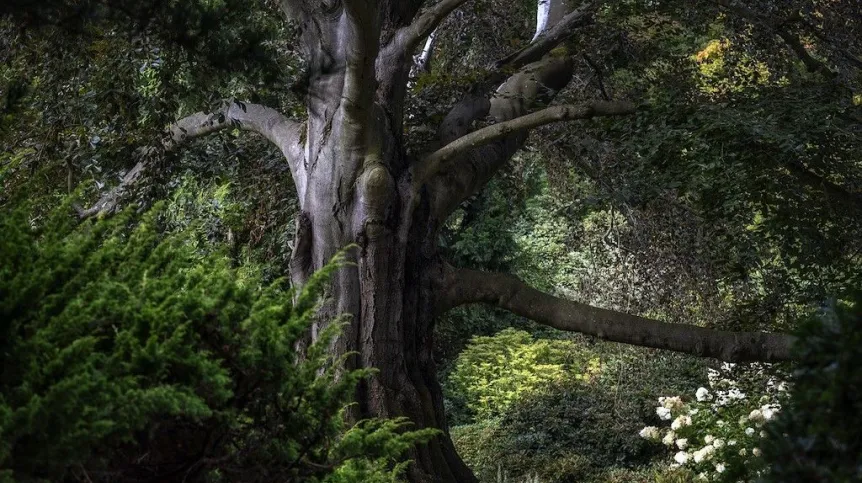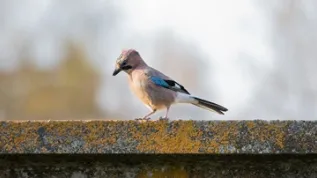
A Polish tree named 'Heart of the Garden' has won the European Tree of the Year 2024 contest. The monumental common beech grows in Niemcza.
The winner was selected from among 15 trees from various parts of Europe that won national contests. The Polish beech tree received 39,158 votes in the online competition. The second place went to the French beech from Bayeux, and in third place was the Italian olive tree of Luras.
The Polish beech grows in the arboretum in Wojsławice, Niemcza in Lower Silesia. It was probably planted at the turn of the 19th century, when the park belonged to the von Pritwitz family.
In 2023, the 'Heart of the Garden' beech won the Gaja Club Tree of the Year contest with 6,643 votes from Internet users. The triumph was a ticket to this year's European contest.
The Polish contestant's competition included one of the largest cedars in Belgium, a 400-year-old white mulberry from Croatia, a 110-year-old pear tree from Czechia, and the Millennium oak representing Ukraine (the oldest tree in the Lviv region). There were also trees from Estonia, France, Spain, Lithuania, Latvia, the Netherlands, Portugal, Slovakia, the UK and Italy.
Polish candidates won the contest three times before: in 2017 - the oak Józef from Wiśniowa, two years ago - the oak Dunin from the Białowieża Forest, and in the last edition - the oak Fabrykant from Łódź.
The organizer of the European Tree of the Year contest is the Environmental Partnership Association (EPA) based in Brussels. Every year, over 300,000 people from all over Europe vote in the contest.
In Poland, the contest organizer is the Gaja Club, established at the turn of the 1990s. Its members are involved in the defence of nature and animal rights.
From Brussels, Łukasz Osiński (PAP)
luo/ mms/ kap/
tr. RL













